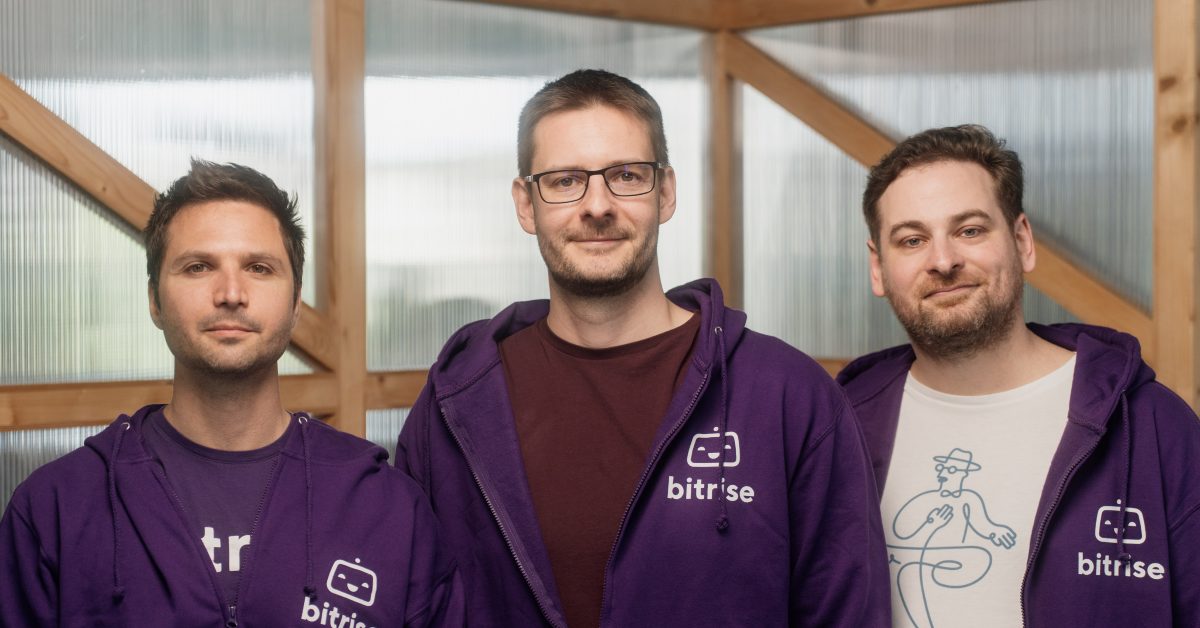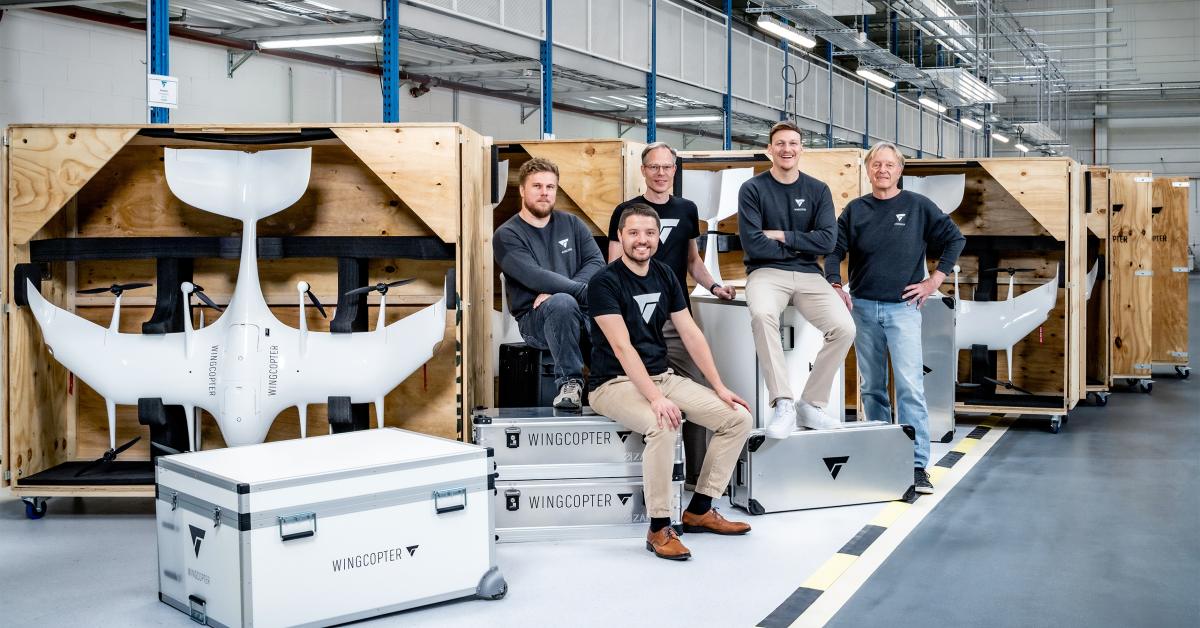There are many preconceptions about the qualities needed to make a successful entrepreneur. You’ve got to have the creativity to come up with something different, and the confidence to do it alone – not to mention the drive and discipline to take your idea and grow it into a business.
But beyond that, is there more to success than simply being creative, confident and hard-working? We asked a group of people who successfully built their own businesses what they thought was really needed in order to make it as an entrepreneur.

Education
Almost 8 in 10 entrepreneurs (79%) said they felt that the UK education system does not provide young people with the relevant skills required to start their own business.
So which skills would be the most valuable to better-equip young people for self-employment? Among the most popular suggestions from our survey were “a better understanding of financing” (chosen by 89%) of respondents, followed by “better understanding of economics” (74%) and “management skills” (64%).
If you’re a business owner with most of your growth ahead of you, one place you may want to go to finance your expansion, and learn how to manage it, is back to school. However, this doesn’t mean you have to immediately sign up to an MBA – there are a myriad of options to suit all budgets and lifestyles. Business Development Centres and Business Schools offer a variety of drop in classes as well as course options, so you can brush up on whatever skills you need at your convenience.

Funding
Once you have decided on the type of venture you want to start, the next step on the road to business success is figuring out where the money will come from to finance it. But while securing funding may seem like it could make or break the foundation of your business, it may not take as much as you think to get the ball rolling.
In fact, our survey found that just 5% of entrepreneurs took out a bank loan to fund their business when they started out. Instead, over half (52%) of entrepreneurs surveyed said they had funded their business from personal savings – with almost a quarter (23%) saying it cost them less than £250 to start their business.
Interestingly, over half (57%) of those surveyed said that they don’t think banks do enough to support small businesses, which may explain the preference for self funding. Another factor is that small business lending took a hit during the 2008 recession, and seemingly hasn’t recovered since.
Banks typically prefer funding large business loans to small business loans since the latter accrue fewer profits than the former. Usually, small businesses are seeking small business loans, and therefore their requests are often declined since it does not make financial sense for a bank to process a small loan.
Lack of collateral can also be an issue for small businesses applying for funding. Most banks usually require collateral to give out a loan which acts as a guarantee that the loan will be repaid. The amount that the banks will lend often depends on the value of the collateral. This then becomes a major challenge for small businesses, which may have no valuable asset to offer.
While some major banks have already started to experiment with loans specifically intended for small business – such as NatWest and RapidCash – it will be interesting to see how they continue to adapt in the face of fintech challengers in the future.

Inspiration
Everyone could use a little advice once in a while, so we asked our entrepreneurs who they would choose as a business mentor. We received a wide range of suggestions from multinational giants through to TV Dragons and political leaders, but the most popular choice was Sir Richard Branson, followed by Sir Alan Sugar and Steve Jobs.
All three of these entrepreneurs are, of course, wildly successful, but they had to start somewhere! It’s their ambition and drive that has not only sustained their success throughout their careers, but that has made them into role models for entrepreneurs the world over.
It’s also no coincidence that they all showed great adaptability and resilience throughout their careers – whether by taking risks to diversify their business streams (Branson), reinventing their personal brand (Sugar) or putting their faith in new innovations (Jobs). That’s a key lesson for today’s entrepreneurs to learn from if they aspire to the same level of success.
Guest post by Ed Molyneux, CEO and co-founder of FreeAgent, who makes award-winning cloud accounting software for freelancers, small businesses and accountants.
Main image credits: Stock Photos from Halfpoint/Shutterstock
Stay tuned to Silicon Canals for more European technology news.










01
From Mexico City to Rotterdam: How the Dutch Startup Visa launched Estefania Hernandez’s HR tech revolution